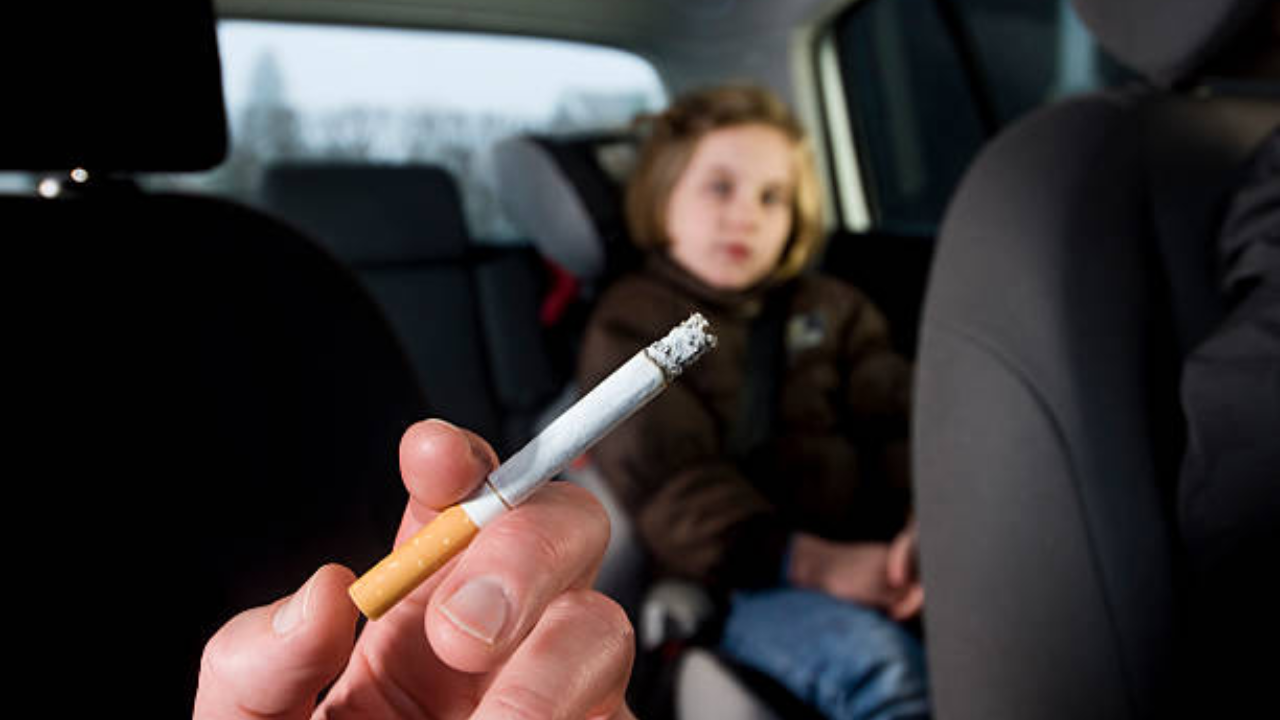Contents
-
news
-
Health
Lung Cancer Awareness Month: Passive smoking can increase the risk of lung cancer, tips to keep yourself safe
Lung cancer is the leading cause of cancer deaths worldwide. Secondhand smoke is the involuntary inhalation of smoke from others’ cigarettes, cigars or pipes that substantially increases the risk of lung cancer in non-smokers. Read on to know whether passive smoking can cause lung cancer and tips to keep yourself safe.

Second hand smoke can increase the risk of lung cancer, tips to keep yourself safe
Photo: iStock
lung cancer awareness month Celebrated every year in the month of November to spread awareness about lung cancer. According to the World Cancer Research Fund International, more than 2.2 million new cases of lung cancer were reported globally in 2020. Additionally, lung cancer causes approximately 1.8 million deaths and is the second most common cancer in the world.
Lung cancer is the leading cause of cancer deaths worldwide. This is a form of cancer that begins as cells grow in the lungs. There are many factors that can lead to the development of lung cancer and one of them is smoking. Experts and global forums say that smoking is one of the leading causes of lung cancer. Therefore, they often raise awareness on the importance of quitting smoking.
second hand smoke Involuntary inhalation of smoke from others’ cigarettes, cigars or pipes significantly increases the risk of lung cancer in non-smokers. The smoke contains more than 7,000 chemicals, including 70 known carcinogens such as benzene, formaldehyde and arsenic. When inhaled, these toxins can damage the cells lining the lungs potentially leading to mutation and the development of cancer.
Studies show that smokers at home or work have a 20-30% higher risk of developing lung cancer than non-smokers. Long-term exposure to passive smoke increases this risk because even brief encounters can cause cellular changes in lung tissue.
Additionally, children and adults with weakened immune or respiratory systems are highly vulnerable. Therefore, it is important to reduce exposure to secondhand smoke and this can be done through public smoking bans and smoking cessation programs. It may also help reduce cases of lung cancer in non-smokers.
Here, take a look at some tips to keep yourself safe.
avoid smoking areas
Try to avoid places where smoking is common such as some outdoor areas, bars or smoking areas. If possible, choose smoke-free areas for dining, shopping and leisure to reduce exposure.
smoke free home
Set a strict no-smoking rule in your home to prevent secondhand smoke from lingering indoors, where it can stick to surfaces and clothing. Politely request visitors not to smoke inside.
Choose smoke-free transportation
If you use public or shared transportation, choose smoke-free rides whenever possible. Avoid traveling in vehicles where other people are smoking, as smoke gets trapped in confined spaces.
educate children and family
Explain the risks of passive smoking to family members and encourage them to avoid exposure in public or social settings.
Limitations with smokers
Politely tell friends, family and coworkers who smoke about your choice to avoid passive smoking. If you are nearby please ask them to smoke outside or from a distance.
Get the latest news live on Times Now with breaking news and top headlines from health and around the world.


